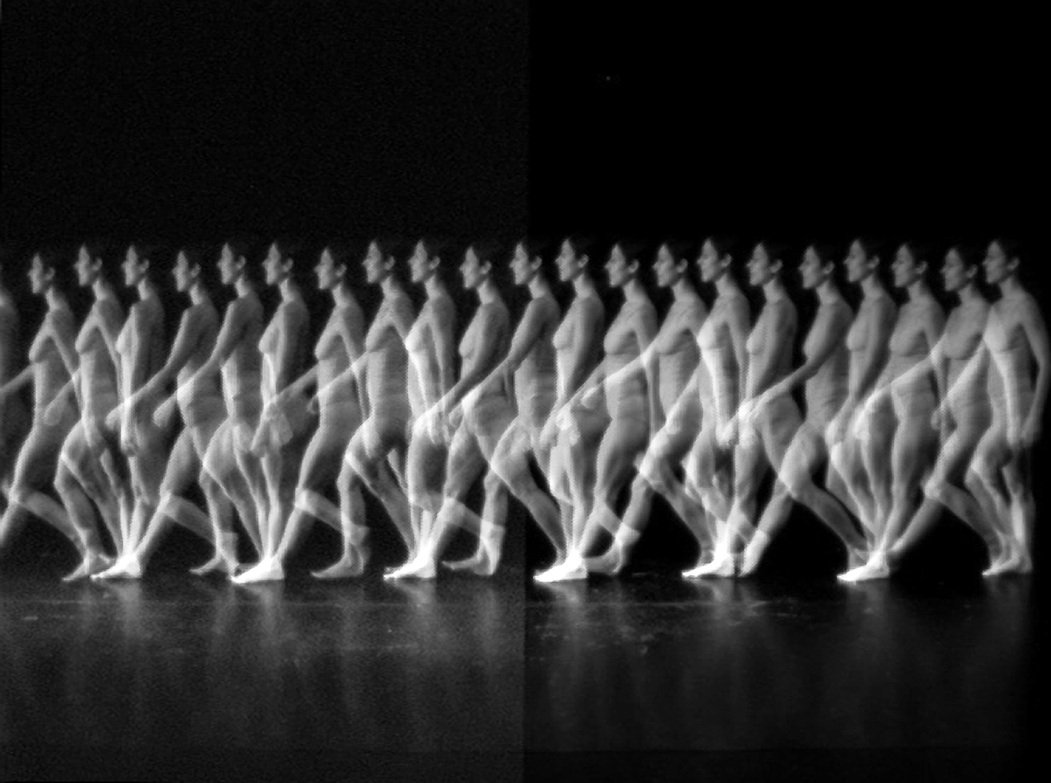What connects us to other people is often as simple as a dog.
By the time Rudy died in April, I had lost touch with a whole new generation of dogs and the humans who’d be tagging along with them. By this time a year ago, Rudy’s “walks” were down to a slow amble from the back to the front of our house, so there were many times when his shorter paths crossed no one else’s at all. As the web of sniffing and barking and “how was your day” gets smaller, a whole slice of giving and taking is reduced to almost nothing.
A new puppy changes all of that.
Like a gift that everyone wants to share, Wally has quickly taken his place in the webbing that knits these streets together. Being new and alive–always happy to just be here–he’s like a walking magnet as the evening shifts into its lower gears or the next morning starts to rev up. Every conversation is easier with Wally breaking the ice.
When it comes to words, what a puppy initiates is not so different from what’s depicted in that classic scene from 1001 Dalmatians. You remember. It’s where the alarm goes out from one to a whole chain of barking dogs that something (in this case “something very bad”) is about to happen. The message that’s telegraphed: Can’t one of you dogs out there mobilize your human “to do something” before it’s too late!
It’s been a gorgeous September in East Falls. While the dogs nip, lunge and roll on their backs, they’ve gotten their humans to find things to talk about, helping to shore up life and make it a home on this little hill next to one of Philadelphia’s great rivers. In a big American city with many demands but little spontaneous conversation, this is no small thing.
“So hello Fritz, Otto, Jack, Dakota, Chase, Ajax, Coco, Lola, Peg. . . this is Wally.
It’s good to see you.”







